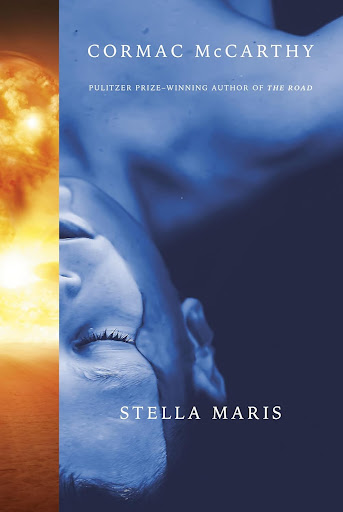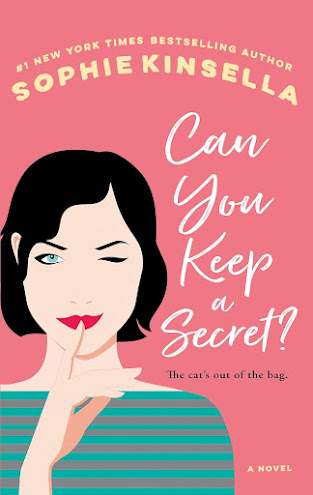Week 7 Prompt
It's hard not to have a strong opinion about fake memoirs, and the issues of appropriated and misrepresented identity overall. Conversations about these issues can quickly become confrontational and divisive, and so I was pleasantly surprised by the New Yorker article by Louis Menand. It maintained a tone of curiosity, and it never seemed to be virtue-signaling or broadly condemning any viewpoint or group. At the same time, it did not seem like Menand was trying too hard to be neutral or inoffensive. He frankly criticizes the era of dishonest discourse ushered in by Donald Trump. He addresses the obvious ethical problems associated with literary "hoaxes," but he also explains the arguments in defense of hoaxes. It never feels as though he is pointing a finger. I mention this, because I think that this article is a good example of the correct way to talk about these issues, especially for those of us who will need to do so as readers' advisors and library workers. We need to be able to hear varying opinions and ideas before deciding that only one is acceptable. The worst thing that can happen in the literary world is for a single viewpoint to be amplified while all others are shut down.
Personally, I do think that it's wrong for an author to perform an identity that is not their own, for a number of reasons. That being said, I also think that, as we become increasingly aware of legitimate ethical problems like this in the literary world, it's a bad idea for publishers and readers to try to instantly decide on hard and fast rules for what is ethical and what is not. For example, I would agree that a white male writer should not try to tell the story of a black woman's experience. But, does that mean that a white male writer should never include black women in his books? Probably not. It might not be possible to figure out exactly where to draw the lines with these types of situations. So, it wouldn't make sense to act like there are cut and dry answers. It especially would not make sense to allow conversations like this to become totally divided, with an "us against you" mentality.


Hi Dallin! I love what you said here: "I think that this article is a good example of the correct way to talk about these issues, especially for those of us who will need to do so as readers' advisors and library workers." What a great takeaway from this article. You make a great point that as readers advisors, we have to maintain some neutrality. Some readers might not care in the least who authored a book and if a misleading pseudonym was used (even if we don't like it).
ReplyDelete